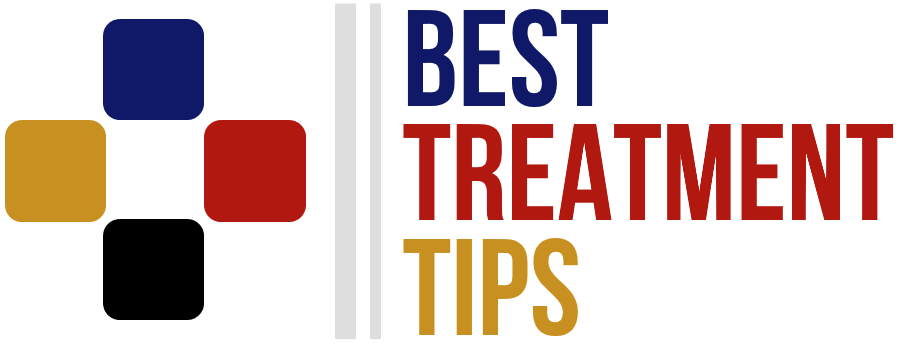Glutathione, the most powerful main antioxidant produced naturally by the body, has an important place in the prevention of aging, cancer, cardiovascular diseases, dementia and many other diseases.
Antioxidants protect the body from the negative effects caused by free radicals. With advancing age and environmental influences, the amount of antioxidants produced in the human body decreases, which can lead to the development of various diseases. With glutathione treatment, the body’s antioxidant capacity is increased, making it more resistant to diseases.
Antioxidants prevent the harmful effects of free radicals
There is a delicate balance between free radicals and antioxidants in the body. Many chronic diseases that occur as we age are related to the harmful effects of free radicals that are not controlled by antioxidants, known as oxidative stress. Many signs of skin aging, such as fine lines, wrinkles, and skin damage, are the result of damage caused by free radicals.
Glutathione: Anti-aging antioxidant
Glutathione; It consists of the amino acids cysteine, glutamic acid and glycine. It is an antioxidant produced in the liver and found in cells. Glutathione stands out as an important antioxidant that helps protect cells and plays a key role in many chemical reactions occurring in the body. It has a very important role in the regular functioning of mitochondria, especially in dysfunctional cells, in removing toxins and in the cell’s energy production and expenditure. It captures the molecule groups (free radicals) that damage the DNA structure and carries them to the liver, where it regenerates itself and returns to work[1].
Glutathione decreases with advancing age
With aging, the production and amount of glutathione in the body decreases. In addition, toxins accumulated in the body cause rapid destruction of glutathione, and since the immune system is weakened against free radicals, these molecules cause damage to body structures. Toxic and harmful substances that we are exposed to every day result in the use of glutathione for detoxification[2]. These substances include many chemicals, from medicines to heavy metals, from artificial sweeteners to pesticides, from kitchen supplies (Teflon pans, etc.) to cleaning products (detergent softeners). It is not possible to avoid all of these factors, but many can be minimized by maintaining a regular lifestyle, avoiding toxins, and detoxing.
Healthy nutrition and regular exercise increase glutathione levels

Decreased glutathione levels in the body can be increased by eating healthy, strengthening liver functions, doing regular exercise and sports, and taking oral or intravenous glutathione supplements.
Eating healthy
There are many healthy foods that increase glutathione production in the body. Sulfur-containing foods such as garlic, onion, broccoli, brassicas, watercress, cauliflower, Brussels sprouts and turnips are at the forefront among these.
Ensuring the removal of harmful substances from the body
Glutathione levels can be increased with Folate, B6 and B12 vitamin supplements, which will help eliminate some substances that appear in the body and may be harmful to the body.
Strengthen liver functions
Milk thistle (silymarin) and α-lipoic acid, known for their liver cleansing, protective and regenerating properties, increase glutathione levels. While vitamin C increases the level of glutathione in red blood cells and lymphocytes, vitamin E (in the mixed tocopherol form) is an important antioxidant that works together with glutathione. It helps recycle glutathione (with vitamin C).
Exercising regularly
Physical activity increases glutathione levels. Intense exercise for 30 minutes a day, at least three times a week, increases the body’s antioxidant defenses.
Taking supplements by mouth or intravenously.
Intravenous administration of glutathione is a practice used in cases of severe glutathione deficiency, such as cancer treatment and HIV/AIDS treatment, or in people who cannot produce their own glutathione sufficiently due to genetic mutations or other reasons[3]. It is applied regularly, weekly or daily, depending on the patient’s medical condition. It is painless and the procedure is completed within 10-15 minutes.
13 benefits of glutathione therapy:
- It supports and strengthens the immune system.
- It delays aging with cellular rejuvenation (anti-aging effect).[4]
- It purifies the body from toxins.
- It protects against cancer with its preventive effect on tumor development.
- It provides a significant improvement in the quality of life of cancer patients receiving chemotherapy.
- It prevents skin wrinkles and provides whitening of skin color.
- It reduces side effects in patients receiving radiotherapy.
- It provides positive improvement in the structure and functions of the musculoskeletal system in elderly and/or rheumatic patients.
- It supports joint functions and structure in athletes and patients with arthritis.
- It provides significant improvement in a short time in patients with complaints such as chronic weakness, fatigue and fatigue.
- It is used as an auxiliary treatment method to prevent the progression of the disease in many chronic diseases such as hypertension, diabetes and thyroid disease.
- It provides significant improvement in functional capacity and quality of life in patients with chronic organ failure (heart, lung, liver and kidney failure).
- It accelerates recovery from alcohol addiction and fatigue after alcohol consumption.
References:
- Pizzorno J. Glutathione! Integr Med (Encinitas). 2014 Feb;13(1):8-12. PMID: 26770075; PMCID: PMC4684116.
- Jozefczak M, Remans T, Vangronsveld J, Cuypers A. Glutathione is a key player in metal-induced oxidative stress defenses. Int J Mol Sci. 2012;13(3):3145-3175. doi: 10.3390/ijms13033145. Epub 2012 Mar 7. PMID: 22489146; PMCID: PMC3317707.
- Maria Dorotéia Borges-Santos, Fernando Moreto, Paulo Câmara Marques Pereira, Yong Ming-Yu, Roberto Carlos Burini. Plasma glutathione of HIV+ patients responded positively and differently to dietary supplementation with cysteine or glutamine. Nutrition, Volume 28, Issues 7–8, 2012, Pages 753-756, ISSN 0899-9007, doi: 10.1016/j.nut.2011.10.014.
- Weschawalit S, Thongthip S, Phutrakool P, Asawanonda P. Glutathione and its antiaging and antimelanogenic effects. Clin Cosmet Investig Dermatol. 2017 Apr 27;10:147-153. doi: 10.2147/CCID.S128339. PMID: 28490897; PMCID: PMC5413479.


